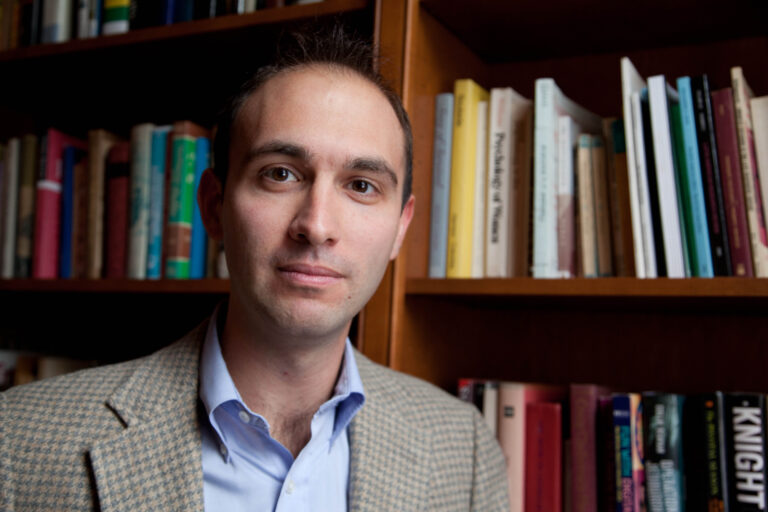
Merle Eisenberg
Merle Eisenberg is a historian of late antiquity and the early middle ages. His work examines the impact of great moments of historical change, such as the end of the Roman Empire and the Justinianic Plague, on individuals and communities.
He is working on two book manuscripts. The first, Pandemics and History: the Plague Concept, Disease, and the End of Antiquity, tracks the development of the Justinianic Plague (c. 540-750 CE). It analyzes the plague’s differential impact based on local conditions and investigates how a plague pandemic as a catastrophic myth was created along with its continuing use to the present day, including during Covid. The second, Building Little Romes: Christianity, Identity, and the Formation of the Medieval West, argues that it was subjective memory of Romans, who clung to their identities in new little Romes after the political fragmentation of the Roman Empire, that changed how individuals, communities, and states conceptualized their place in the world and ushered in the Middle Ages.
He has published a number of articles including in The American Historical Review, Past & Present, The Proceedings of the National Academy of Sciences, and The Journal of Late Antiquity. He was previously a postdoctoral fellow at the National Socio-Environmental Synthesis Center, University of Maryland.